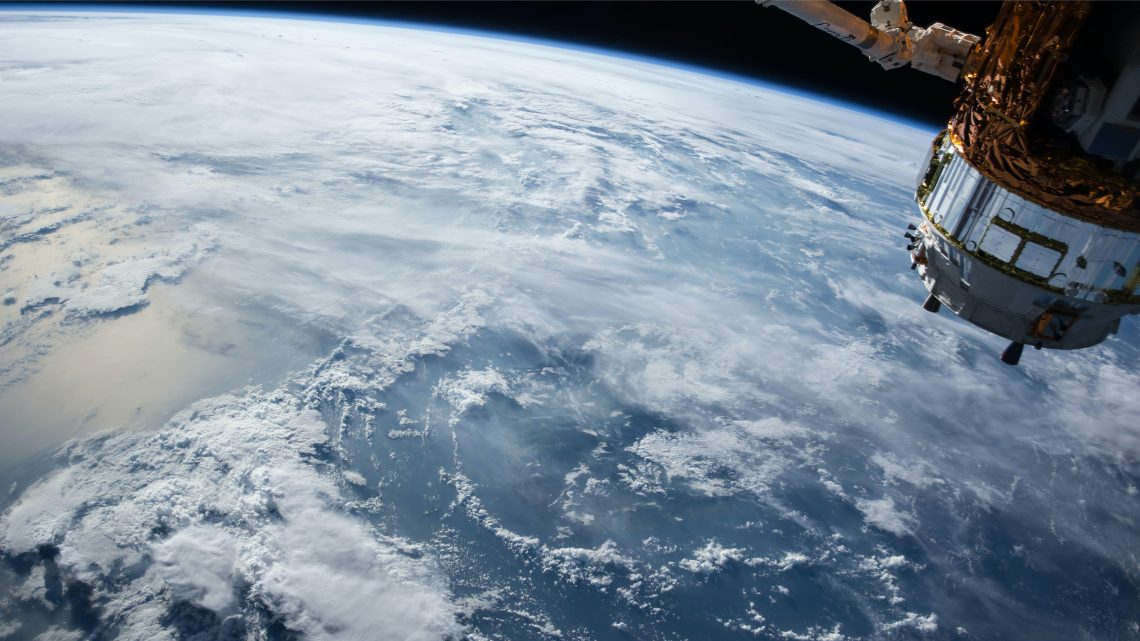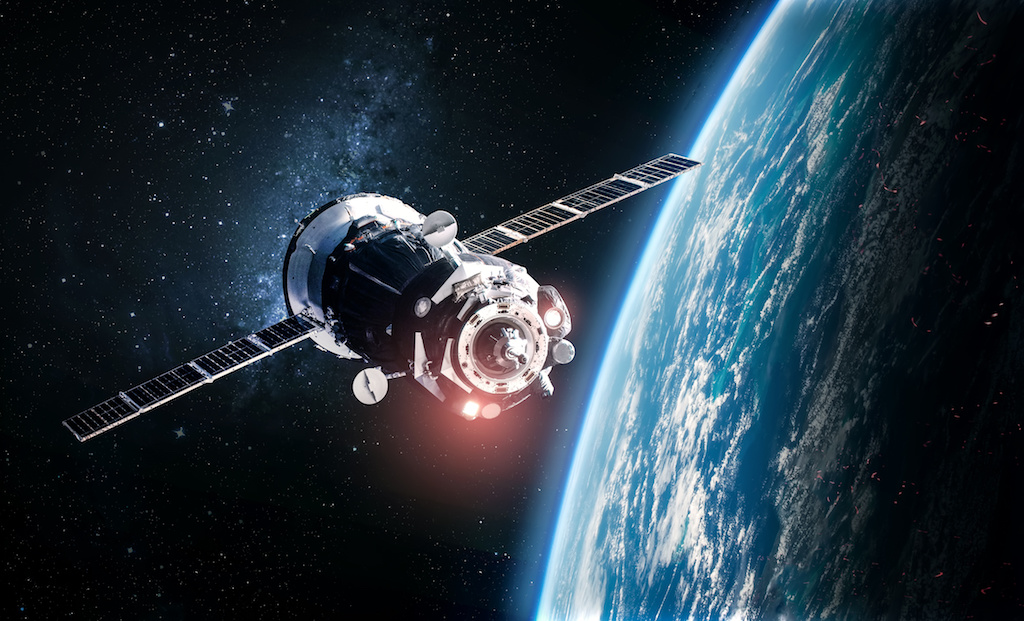Space science and technology: WHAT CAN WE EXPECT IN THE FUTURE?

Recommended Posts

How a Single Man’s ‘Life-Plan’ is Transforming the Tech, Health, and Space industries
January 6, 2022

Do we really need to send humans to space?
December 30, 2021

Implications and future of space education
December 22, 2021





